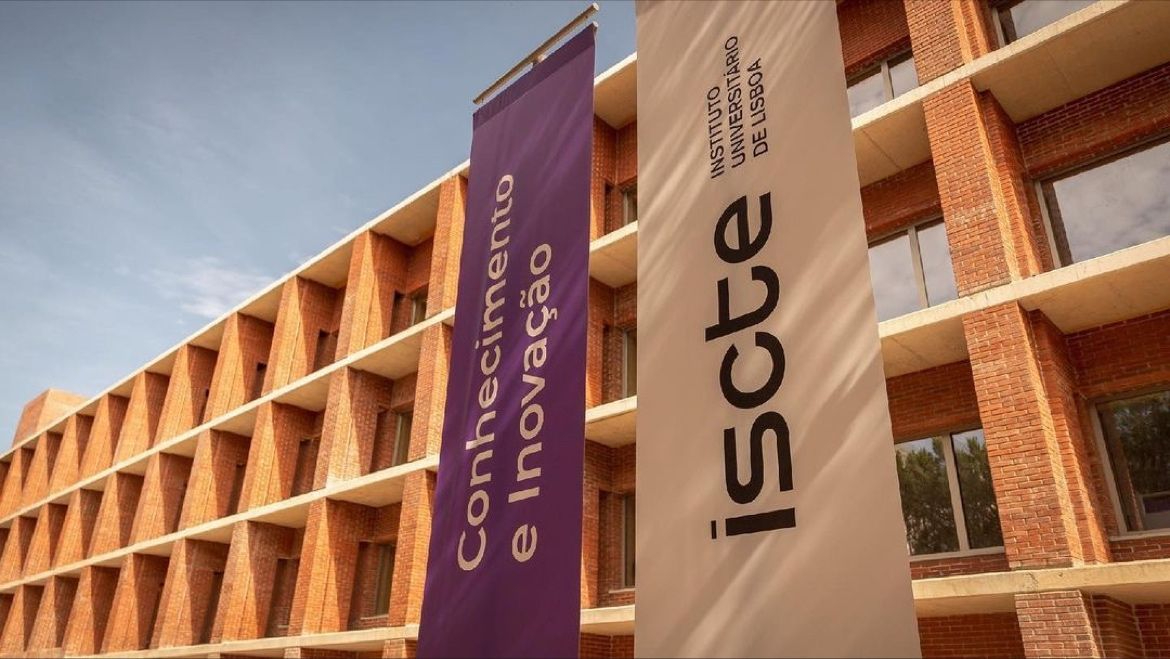News

Prime Minister António Costa, Minister of Science, Technology and Higher Education Elvira Fortunato, Minister of Cohesion Ana Abrunhosa, Minister of Culture Pedro Adão e Silva, and two State Secretaries participated this morning in the official inauguration of the new Iscte_Knowledge and Innovation.
Government officials were welcomed by Iscte's Rector, Maria de Lurdes Rodrigues, Vice-Rector Jorge Costa, and Vice-Rector Bernardo Miranda, starting with a tour of the new facilities, including a visit to the showcase of ongoing projects. This was followed by a ceremony in one of the auditoriums of the new building, where the rector and the prime minister spoke. On this occasion, the prime minister announced that next month, a thousand more researchers will be permanently hired nationwide. António Costa also emphasized that in two decades, the country has more than quadrupled the number of researchers, thus breaking "the most structural of its deficits, the deficit of qualification."
He also mentioned that the current budget for Research & Development is at 1.7% of GDP, and reaching 3% is necessary to meet the targets proposed by the European Union.
During the visit to Iscte_Knowledge and Innovation, which received European funds for its construction, Prime Minister António Costa announced that, with the aim of enhancing democratization of access to Higher Education, a new university residence will be inaugurated in Lisbon in the coming days. Regarding Iscte, he stated that from the current number of beds available in university residences, just over 70, Iscte will have more than seven hundred vacancies in residences by 2026.
In her speech, Iscte's Rector, Maria de Lurdes Rodrigues, outlined what distinguishes Iscte: "We were the first university to open courses and research areas that later became widespread in other institutions: business management, sociology, computer science for management, contemporary history, anthropology, social psychology, data science, public policies, humanitarian action, and more recently, in the Sintra school, a portfolio of ten undergraduate courses and applied digital technologies, entirely new and, until now, nonexistent in the country." According to Maria de Lurdes Rodrigues, over 50 years, "Iscte has opened new paths and innovated focused on those areas of work." But what truly "distinguishes Iscte is how it fully fulfills its mission as a university: teaching, knowledge, and innovation, accomplished with multidisciplinarity, collaborative work, openness to the social and territorial context in which it operates, generating opportunities for teachers, researchers, and students, efficiently promoting sustainability and inclusion. Its difference also lies in how it continues to anticipate the future."
The new Iscte_Knowledge and Innovation is a luminous building, clad in brick and wood, located at 40 Avenida das Forças Armadas in Lisbon, resulting from the sustainable rehabilitation of a former IMT headquarters. It spans nine thousand square meters and houses 8 research units, 13 laboratories, 9 observatories, and various shared and collaborative workspaces. It is a space of infinite possibilities, nurturing the idea that "together we change the future."
[Source: www.iscte-iul.pt]

